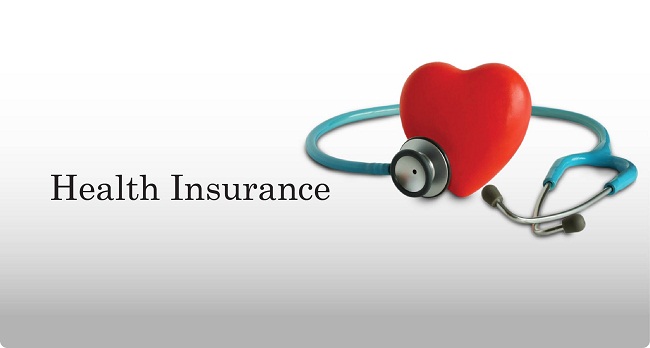The right balance of information and technical know how is needed for a Business Analyst to successfully complete his job in any sector. This dictum applies to the Insurance sector as well. A Business Analyst should be well versed with the information that is needed for any Insurance professional to work in the Insurance domain. Since he has to analyze the processes and then help in the development of essential software for the projects in the Insurance sector, he needs to have both – the information required of an Insurance professional and the technical knowledge required for the establishment of software designed for this sector.
Insurance as is known is generally divided into three major divisions: Life Insurance (dealing with safeguarding life and the risk of mortality and critical illnesses), General Insurance (dealing with the risk of damage to immovable property, motor, cargo, marine, household, and fire insurance), health insurance (dealing with risk of illness and disease, and thus covers reimbursements, medical claims, operation of panel doctors, cashless hospitalization, co payment etc.) The level of knowledge and range required is different in each stream and hence a Business Analyst has to have a certain demonstrable understanding of the workings of the particular streams in the sector and also desirably, adequate level of experience in the sector.
Functional Knowledge of Insurance applications is also essential, like new business, channel management, policy servicing, claims management, underwriting, reinsurance and finance. Along with knowledge of the business processes of the particular client company, a brief and thorough understanding of the requirements given by the regulatory authority of the Insurance industry is also mandatory. The terminology is varied for the Insurance sector, with changes even within the sector, for the different streams of the sector. Knowledge of these unique terminologies will help the Business Analyst to understand the client who is the end user’s expectations and he will be able to draft them better into requirements efficiently.
Once functional requirements are known, the technical knowhow is also essential for any good Business Analyst to communicate to his software developer’s team about the client user’s expectations from the project. The Business Analyst should be aware of the basic MS- Office tools like Microsoft Word, Ms PowerPoint, MS Excel, MS Visio, MS Access, and MS Project). These help in collating data and presenting it in proper format. Then knowledge of relational databases is also important for understanding the technicalities of Querying and Support. Basic programming languages that are used by software developers should also be known to the Business Analyst so that he can understand the developer’s problems or point of view. These programming languages could be ASP, Dot Net, JAVA, J2EE, XNL, HTML etc. In addition to these, knowledge and experience in insurance business applications, content management systems, portals, data warehousing tools can give any Business Analyst that extra edge over others standing next to him.
Thus, it’s quite clear that a Business Analyst in the Insurance domain needs to know both sides of the coin – the knowledge of insurance business processes and the relevant Insurance software packages.


